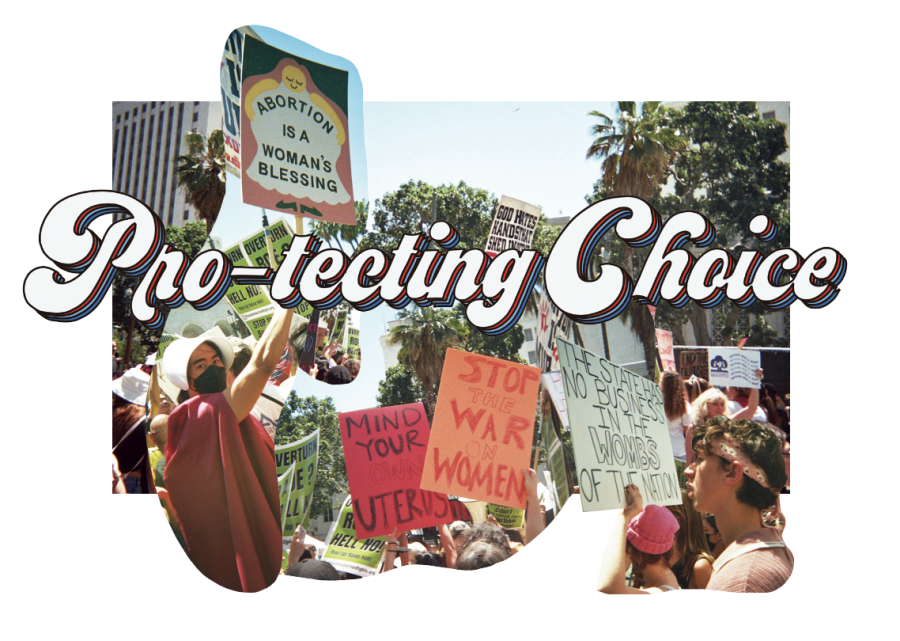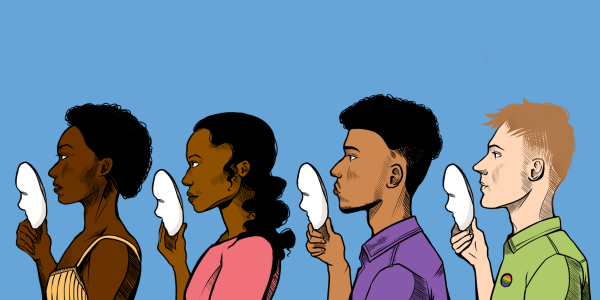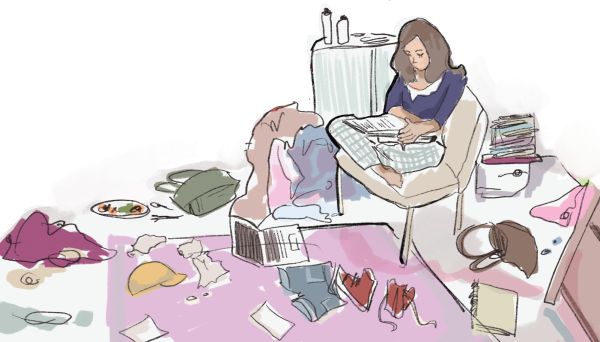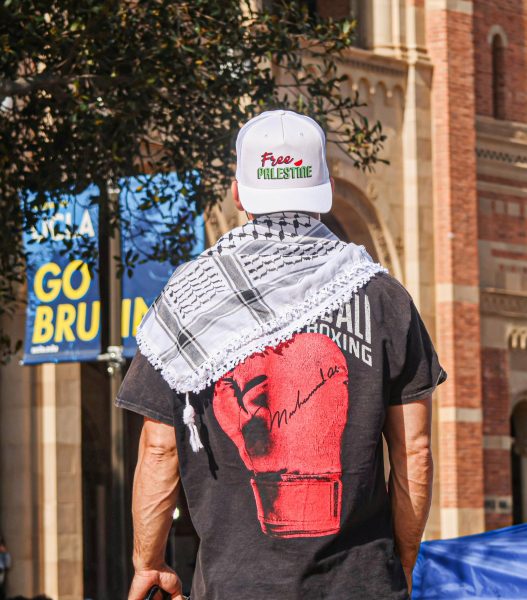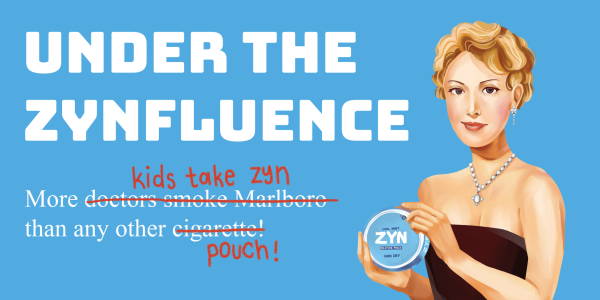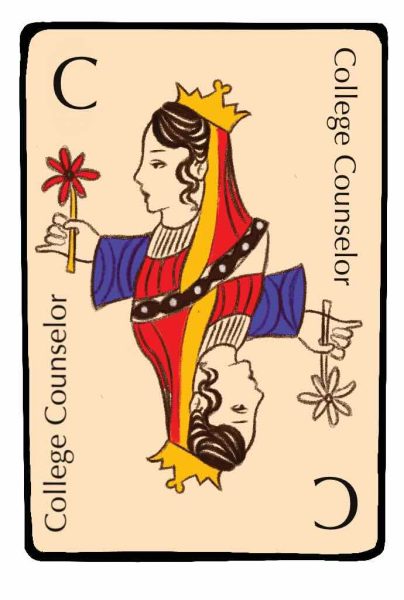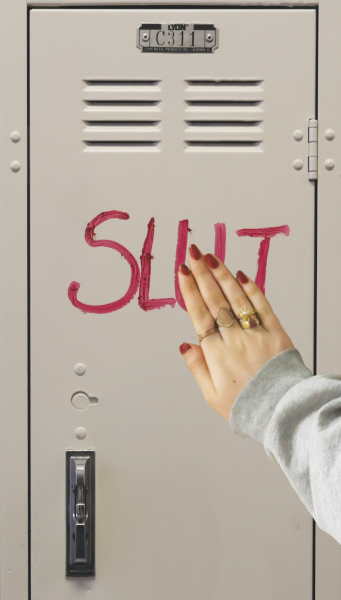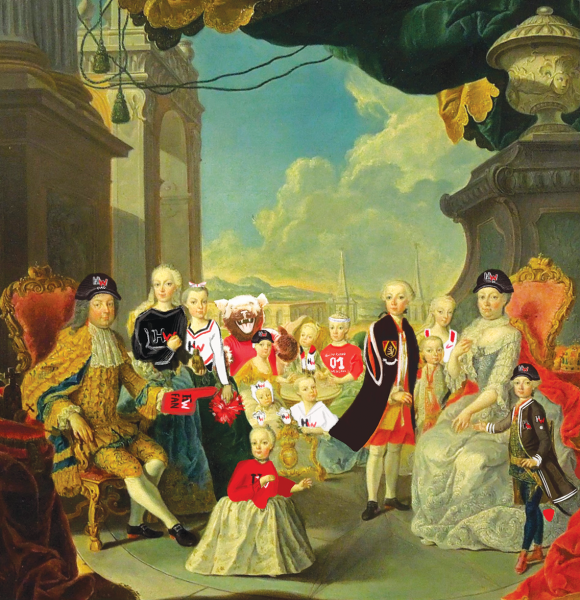Protecting choice
In light of the recent leak suggesting the overturn of abortion rights in federal law, students share their feelings and connections to the topic.
Protesters stand outside Los Angeles City Hall fighting for women’s abortion and health care rights.
May 27, 2022
After she was told it was unlikely she could conceive children, Paula* said she engaged in meaningless hookups, unconcerned about a possible pregnancy. Weeks later, she found herself staring at an ultrasound of a three-month-old fetus inside of her uterus.
Paula said she was not mentally or physically prepared to have a child as a 22-year-old college graduate. She said she did not want to raise children at a young age with someone she was not particularly close with.
“I decided to have an abortion because it was not the right time in my life [to have a child], and I wasn’t dating the person I was with,” Paula said. “I still want to work and have a career before I’m able to have a baby. I don’t feel like I can totally take care of myself, let alone of a child.”
Paula said she did not seek advice about the procedure prior to receiving it because having an abortion was her choice to make. She said she did not need influence from others on whether to make the decision or not.
“I didn’t even tell the guy I was pregnant until after I got the abortion because I knew that he would be emotionally checked out,” Paula said. “At the end of the day, it was only my decision. So I just did what I felt was best and proceeded forward.”
The U.S. Supreme Court established the constitutional right to abortion in Roe v. Wade on Jan. 22, 1973. However, Politico obtained an initial draft majority opinion by Justice Samuel Alito that would overturn Roe v. Wade on May 2, 2022. If the Supreme Court decision holds, it will return the issue of abortion to state regulation, according to Politico.
Thirteen states have already instated abortion bans after six weeks of pregnancy, and over 60% of residents in those states are against abortions, according to the Guttmacher Institute. If Roe v. Wade were to be overturned, NBC News predicts 23 states will ban abortions entirely.
Alex Lee ’24 said leaking the draft opinion to Politico is controversial for the future stability of the Supreme Court. He said media leaks often lead to activism by the public and impact the judicial process.
“The Supreme Court has [many]months of turnaround time where they can be convinced by the public because of backlash,” Lee said. “The other day, thousands of people gathered at the Supreme Court. That’s going to largely be problematic for the security of the justice system.”
Lee said although he acknowledges the importance of older historical texts, he said many do not interpret the Constitution as a living document while handling modern-day issues.
“Many say that just because it’s not [explicitly] written into archaic literature, we shouldn’t [have the ability] to adapt it to the modern era,” Lee said. “I’m sure [Republicans] are just applying this justification here and [not to] other things like gerrymandering, which is also not [explicitly] in the Constitution.”
According to the Planned Parenthood website, the court ruling in favor of Roe in 1973 allowed Planned Parenthood to provide cost-free healthcare like abortions and contraceptives. The organization holds information sessions for sex education, delivers vital reproductive health care and serves as a global partner helping similar organizations around the world.
Eloise Stoddard ’23 said volunteering for Planned Parenthood allowed her to better understand the necessity to advocate for women’s rights.
“I think more than anything, [working at Planned Parenthood] has put in perspective how much work needs to be done to achieve reproductive rights,” Stoddard said. “But I think it means so much to be a part of the cause. We’re doing something and fighting for what I believe in. Not only [my] rights, but [I am fighting for the rights of] women everywhere. It’s really empowering and rewarding.”
Stoddard said banning abortions in nearly half of the states could be harmful to womens bodies, even for those in states that will not ban abortions. She said health care providers in states allowing abortion will struggle to support an influx of people from other states.
“There will still be limited access to abortions,” Stoddard said, “Because abortions are limited, people will be flying into California. There will be more people needing abortions within a more concentrated area, which is problematic because healthcare providers only have so much funding, and there are only so many healthcare providers that can perform abortions safely. California needs to increase funding so that we can support this [and] support the cause against banning abortions.”
Stoddard said many low-income citizens who do not have the privilege of traveling or paying for their health care will find alternative methods of abortion, even if they are unsafe.
“The [number] of safe, professional abortions [is] going to decrease,” Stoddard said. “People are going to try and perform [abortions] themselves, which is problematic because it ends up hurting the parent. I think that the main concern is people’s safety.”
Alumna Shirley*, who became sexually active at 14, said in high school she faced pregnancy scares quite often, yet she said she did not feel comfortable going to her parents for help or disclosing her sexual activities to them.
“[In high school], when I was a day or two late for my period, I would immediately go into panic and think I was pregnant,” Shirley said. “I couldn’t tell my parents or have my parents help me, so I relied on my close friends for help and support.”
Shirley said as a result of these pregnancy scares, she and her friends frequented Planned Parenthood as a resource for emergency contraceptives like Plan B One-Step.
“I knew that if I went to Planned Parenthood, I could get Plan B without anyone knowing and without any credit card transactions,” Shirley said. “Even if I was a day or two late and probably not pregnant half the time, it gave me peace of mind to know that I wouldn’t have to go through with a teenage pregnancy.”
Kai Faucher ’23 said his relationship with his girlfriend helps him understand the importance of protecting women’s rights to abortions.
“It’s easy to get lost in the numbers and statistics of these scenarios, but when you have someone right next to you that you like hanging out with all the time, you would be seriously affected,” Faucher said. “It would have life-changing consequences [for] both [my girlfriend and I] so I’m thankful to be able to understand this from her perspective. I get to see the first hand effects of what a pregnancy scare [is like]. [It would be scary] to not have the option to [have an abortion] when you’re not ready to have a child.”
Faucher said recognizing women’s struggle to maintain their bodily autonomy is important.
“I think without being too educated on the topic, it’s a loss for anyone who believes in human rights, and anyone who believes they should have control or autonomy over their own body,” Faucher said.
Janie Chandrasehkar ’24 said her opinion on the overturning of Roe v. Wade is based on protecting basic human rights.
“Overturning Roe v. Wade would affect me because [the] basic human right of being able to make choices for my own body would be taken away,” Chandrasehkar said. “Even though we live in a state that is pretty much protected from this threat, it would attack the rights of women in all parts of the country.”
Chandrasekhar, who attended a pro-choice abortions rights protest outside of Los Angeles City Hall May 14, said going to these marches is important because the issue could affect many citizens.
“I think it is important for me and as many people as possible to attend these protests because it shows support for a very current issue that impacts at least half of the population,” Chandrasekhar said. “I also think being at the protests allows you to see and understand who the issues mainly affect.”
Reverend Anne Gardner said she recognizes the range of religious beliefs in discussing the Supreme Court decision.
“Roe v. Wade is among the most polarizing topics of our political, legislative, judicial and cultural landscapes,” Gardner said. “Given its complexity, the range of responses has been varied, including within religious institutions. People of faith are on both sides of this particular aisle, equally committed and passionate about their own viewpoint’s merit.”
Current student Courtney* said starting a conversation about birth control in her Catholic household was challenging, but ultimately she and her mother decided it would be best for Courtney to go on birth control. She said that as a sexually active person, knowing she is on birth control makes her feel more in control of her body.
“My mom, in particular, wasn’t super happy with the idea of me going on birth control, especially because she knew I had a boyfriend and [that] I was using birth control as a contraceptive,” Courtney said. “Birth control has done a lot in terms of making me feel more safe and in charge when I have sex [and in] making sure that I don’t get nervous, knowing there is protection there.”
Courtney said although she is on birth control, she often panics about getting pregnant. She said this anxiety has prompted her to take 10 pregnancy tests in the past two years and to be hesitant about who she discusses her pregnancy scares with.
“Every time [I take a pregnancy test,] it feels very real, and I feel really anxious,” Courtney said. “I feel nervous about who I would tell if I was pregnant, how I would cope with that situation, how I would tell my boyfriend or how I would tell my parents.”
Courtney said she feels a lack of support from the school community in terms of sex education. She said having conversations about sex education can help de-stigmatize the negative connotations it may have, since many students can benefit from learning about sexual health.
“I don’t see the school as a resource in terms of sexual education,” Courtney said. “I think that the school could definitely do a much better job of informing kids on their options, especially considering that a lot of the student body is sexually active in one way or another. It’s important to remember that pregnancy is not the only concern that a school should have. They should remain open to conversations about [sexually transmitted diseases (STDs)], sexual [violence] and domestic violence, and we need to learn how to handle sexual partnerships with each other.”
School Counselor Michelle Bracken said the school used to provide a Planned Parenthood workshop as part of the LifeLab course for sophomores, but that the organization stopped offering this resource when the COVID-19 pandemic hit.
“[The school] had Planned Parenthood come and [teach] sex education and talk about STDs and birth control,” Bracken said. “We haven’t [offered] it since COVID-19 started because [Planned Parenthood] stopped doing it. I’m hoping that next year we’ll be able to do that, but we haven’t had it in several years.”
Bracken said while the school does not provide direct resources for those seeking help with pregnancy, it works to guide students through the process of navigating possible pregnancies.
“We would give students [seeking] resources [access to] something like Planned Parenthood, [which is] outside of school,” Bracken said. “In my experience, it’s only been a couple of times that there has needed to be that kind of counseling. Most people know how to find [resources] on their own. That being said, [the school] would be supportive and help [students] find whatever outside resources they need.”































